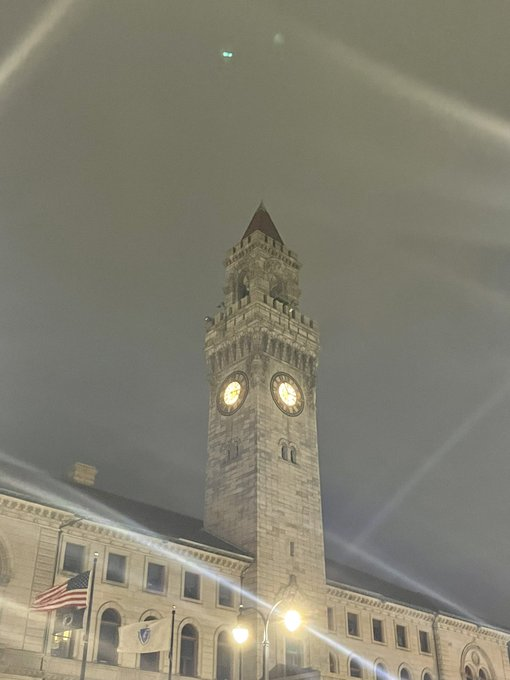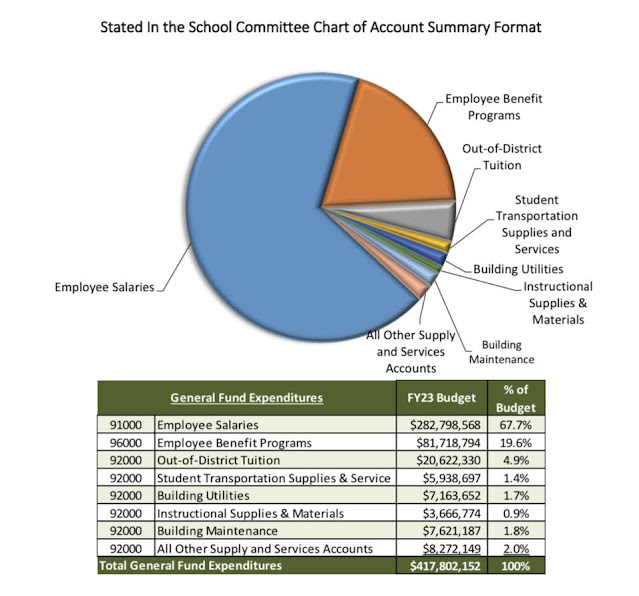My aim for graduations: show up where I'm supposed to, when I'm supposed to, dress as told, stand and sit where told, make the message to and about the graduates, relevant, and don't talk too long.
I was reflecting this week that it is a troubling time to come up with words to say to graduates. These past few years have been challenging already, but these past weeks have again brought more strain to anyone around schools.
As I went in to UPCS earlier this week to listen to a [marvelous!] eighth grade civics project, though, I noted again the building I walked into.
Freeland Street School, as many of you know, was built in 1885 as a neighborhood elementary school in a rapidly expanding city. The doors you walked out of this week have sent forth students into times of trouble before: two World Wars, several pandemics, and a significant amount of local, national, and international strife.
But those doors also have sent forth graduates (high school or otherwise) into the suffrage movement, the Civil Rights movement, local moves towards good government, and local, state, national, and international efforts towards making a more just, more sustainable world for all.
And that is why, after all, we have public education in Massachusetts: to prepare you for your next role in creating and sustaining democratic governance that allows safety, tranquility, and the blessings of life for all.
I am not making this up—it’s what the state constitution says.
And you, UPCS graduates, have an advantage.
You, after all, are coming from a school that focuses less on what and more on how:
not on what the calculation is but on how to calculate;
not on what to write but on how to write;
not on what science is but on how to do science;
not on what happened in history but on how to make history.
You should be leaving here, therefore, not only gratefully, but with confidence. Whether you are the first in your family to go to college, or are continuing a family tradition of higher education, you are ready.
You can do this.
You can read, write, calculate; you also know how to ask good questions when you don't understand.
That last, by the way, may be the key thing to remember. No one is saying, when they hand you this piece of paper in a moment, “There, now, you know it all.” This piece of paper says that you know quite a bit, can do quite a bit, and know enough to ask for help when you don't.
Too often those who are new at something (and college freshmen fall into this trap too easily) think they are supposed to have figured it out already. They think they look dumb when they ask.
On the contrary: Always, always ASK. There is no shame in that.
Smart people know enough to know when they don't know.
And you, University Park graduates of 2022, are smart people who know how to think.
And take heart. There are great days ahead of you.


.png)

